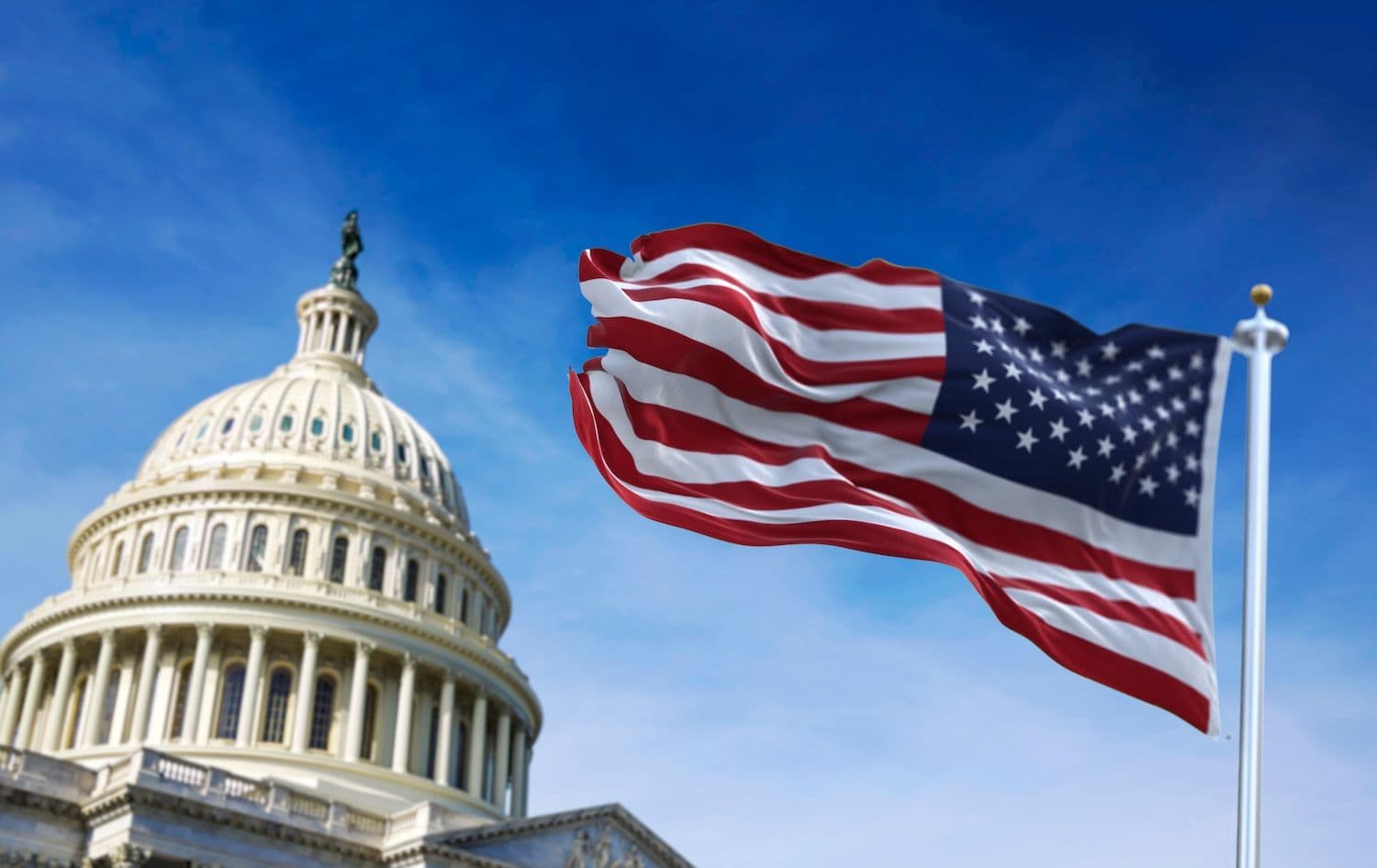The U.S. Senate is expected to approve the GENIUS Act as early as next week, establishing the nation's first comprehensive regulatory framework for stablecoins, according to sources familiar with the legislation. Filmmaker and angel investor Paul Barron, citing direct contacts in Washington, indicated the landmark bill could redefine the future of cryptocurrency innovation in America.
What to Know:
- The bipartisan GENIUS Act was introduced in March 2024 by Senators Kirsten Gillibrand (D) and Cynthia Lummis (R)
- The legislation aims to create clear regulations for stablecoins while supporting innovation
- Senator Elizabeth Warren is working to delay or block the bill's passage
Regulatory Clarity for Digital Currency Market
The GENIUS Act, formally titled "Guiding and Empowering the Nation for Innovation in U.S. Stablecoins," represents a significant step toward legitimizing cryptocurrency operations within the United States. Introduced last year by Gillibrand and Lummis, the legislation seeks to establish intelligent regulatory guidelines that protect the financial system while fostering innovation in the digital asset space.
"This bill could make it easier for innovative projects to grow in the U.S., without having to move overseas," Barron noted in his analysis of the pending legislation.
The timing aligns with President Donald Trump's broader economic strategy to position America as a global leader in digital finance.
Stablecoins, cryptocurrencies designed to maintain consistent value by pegging to reserve assets like the U.S. dollar, have seen explosive growth in recent years as transaction mechanisms, investment vehicles, and value stores. The market's rapid expansion has highlighted the need for regulatory intervention to ensure stability and consumer protection.
The legislation addresses a cryptocurrency industry that has operated in regulatory ambiguity for years. Despite facing various hurdles and delays related to concerns over conflicts of interest and potential market impacts, the bill's bipartisan support reflects growing consensus on the need for stablecoin regulation.
Democratizing Financial Innovation
What distinguishes the GENIUS Act from previous regulatory attempts is its potential to level the financial playing field. Small businesses, retail investors, and emerging blockchain startups—often disadvantaged in the current regulatory environment—stand to benefit most from the proposed framework.
By eliminating regulatory uncertainty, the legislation could create conditions for smaller innovators to compete more effectively with established financial institutions. This democratization of opportunity resonates with supporters who view the current system as disproportionately favoring large entities at the expense of smaller participants.
The bill's passage would mark a pivotal moment for U.S. crypto regulation.
By establishing clear guidelines for stablecoins, it aims to bring legitimacy and stability to a sector frequently criticized for volatility and risk.
Proponents argue the legislation strikes an appropriate balance between protecting consumers and fostering innovation. Industry stakeholders suggest clear rules could actually accelerate development by providing certainty about compliance requirements.
Opposition and Political Division
Despite its bipartisan origins, the GENIUS Act faces significant opposition. Senator Elizabeth Warren and her allies are actively working to impede the bill's progress, reflecting persistent divisions in Washington regarding digital currency regulation.
Warren has consistently advocated for stricter oversight of the cryptocurrency sector, expressing concerns about consumer protection, financial stability, and illicit use. Her resistance highlights the ongoing ideological split among lawmakers, with some embracing digital financial innovation while others push for more restrictive regulatory approaches.
In many ways GENIUS Act implies things that were actively critisized when CBDC projects were on the table. For instance, mandatory AML/KYC (any significant transfers must be verified through identification), transaction freezing (the US Department of the Treasury may block suspicious transactions), direct control over reserves (stablecoins must be backed only by cash, deposits, and US government bonds), and in general CBDC regulatory model — control, reporting, transparency, centralization. Just without the CBDC name.
"The pushback shows that Washington is still split," Barron observed in his assessment of the bill's prospects.
The division underscores the complex political landscape surrounding financial technology regulation in the current Congress.
If approved, the GENIUS Act would establish a precedent for future cryptocurrency legislation. Industry participants will closely monitor developments as the bill approaches a vote, anticipating potential impacts on operations and market dynamics.
A New Regulatory Era
The legislation's passage would signal a new era for cryptocurrency regulation in America, potentially encouraging innovation while providing the oversight deemed necessary by regulators. Analysts suggest the framework could serve as a model for additional digital asset categories beyond stablecoins.
The bill addresses longstanding concerns about regulatory clarity that have driven some blockchain companies to establish operations outside the United States. Supporters believe clear guidelines could reverse this trend, bringing technological development and associated economic benefits back to American shores.
By setting standards for stablecoin issuance and management, the GENIUS Act aims to mitigate risks while fostering responsible innovation. The balance it strikes could determine whether the United States emerges as a leader or laggard in the rapidly evolving digital finance landscape.
Closing Thoughts
As the Senate prepares to vote on the GENIUS Act, the legislation represents a watershed moment for cryptocurrency regulation in America. The bill's approval would establish clear guidelines for stablecoins while potentially democratizing financial innovation for smaller market participants.



